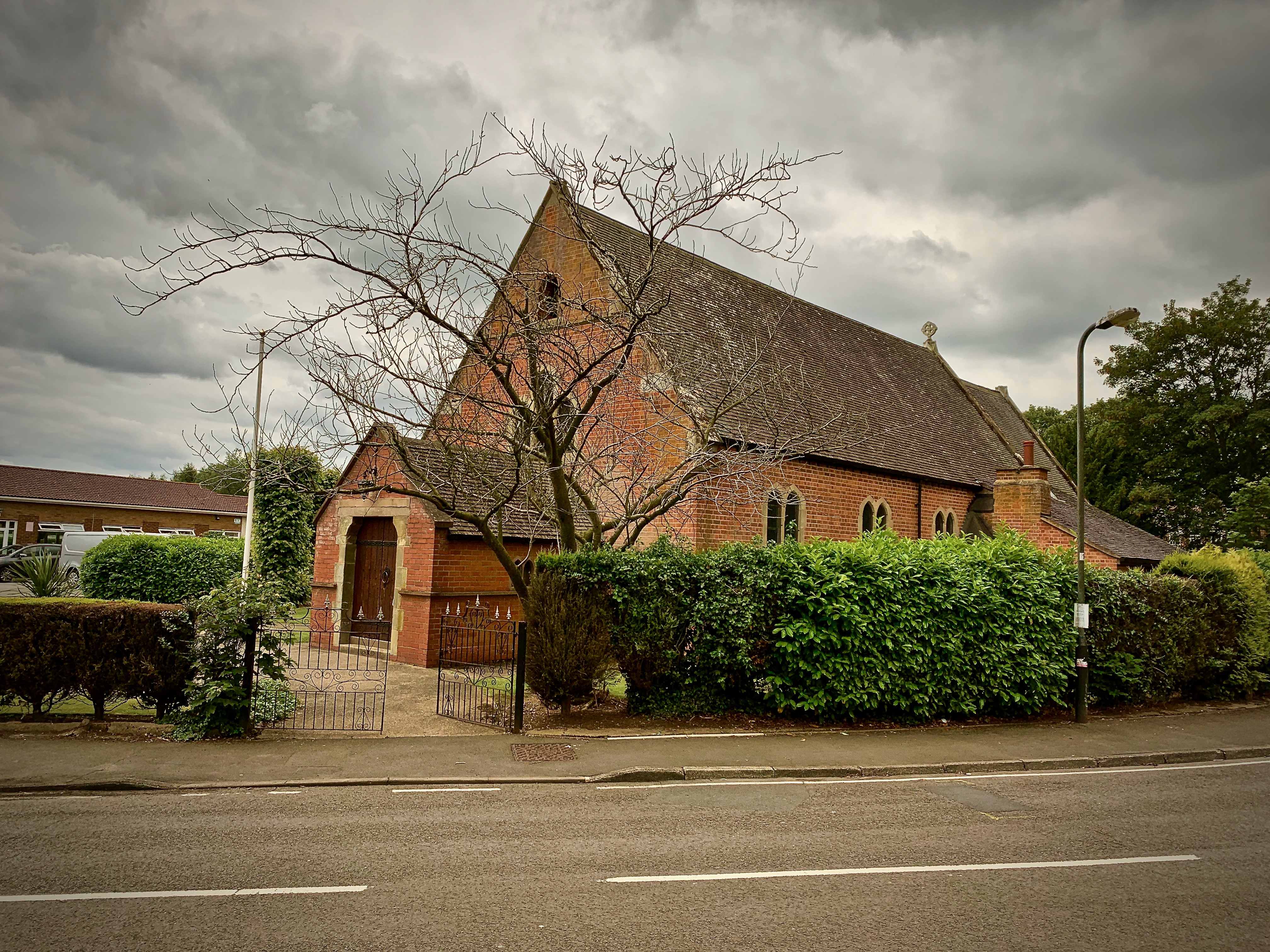 |
OUR LADY OF THE SACRED HEART, BULKINGTON and SAINT FRANCIS OF ASSISI, BEDWORTH
Our Lady of the Sacred Heart Catholic Church, Mill Lane, Weston-in-Arden,
Bulkington, Warwickshire CV12 9RU Part of the Archdiocese of Birmingham: Registered Charity No. 234216 Last update: 20 October 2024 Click HERE for a Parish Census Form or a Prayer Consent form |
 |
Sunday 20th October 2024 Twenty Ninth Sunday in Ordinary Time
(B)
The Son of Man came to give his life as a ransom for many.
Mark 10:35-45
With Love & Prayers,
God Bless,
Fr Patrick Brennan
Parish Priest
|
Father Patrick Brennan |
PARISH PRAYER Holy Spirit, turn our good intentions into something real and active and fruitful and help us enjoy the process.
|
